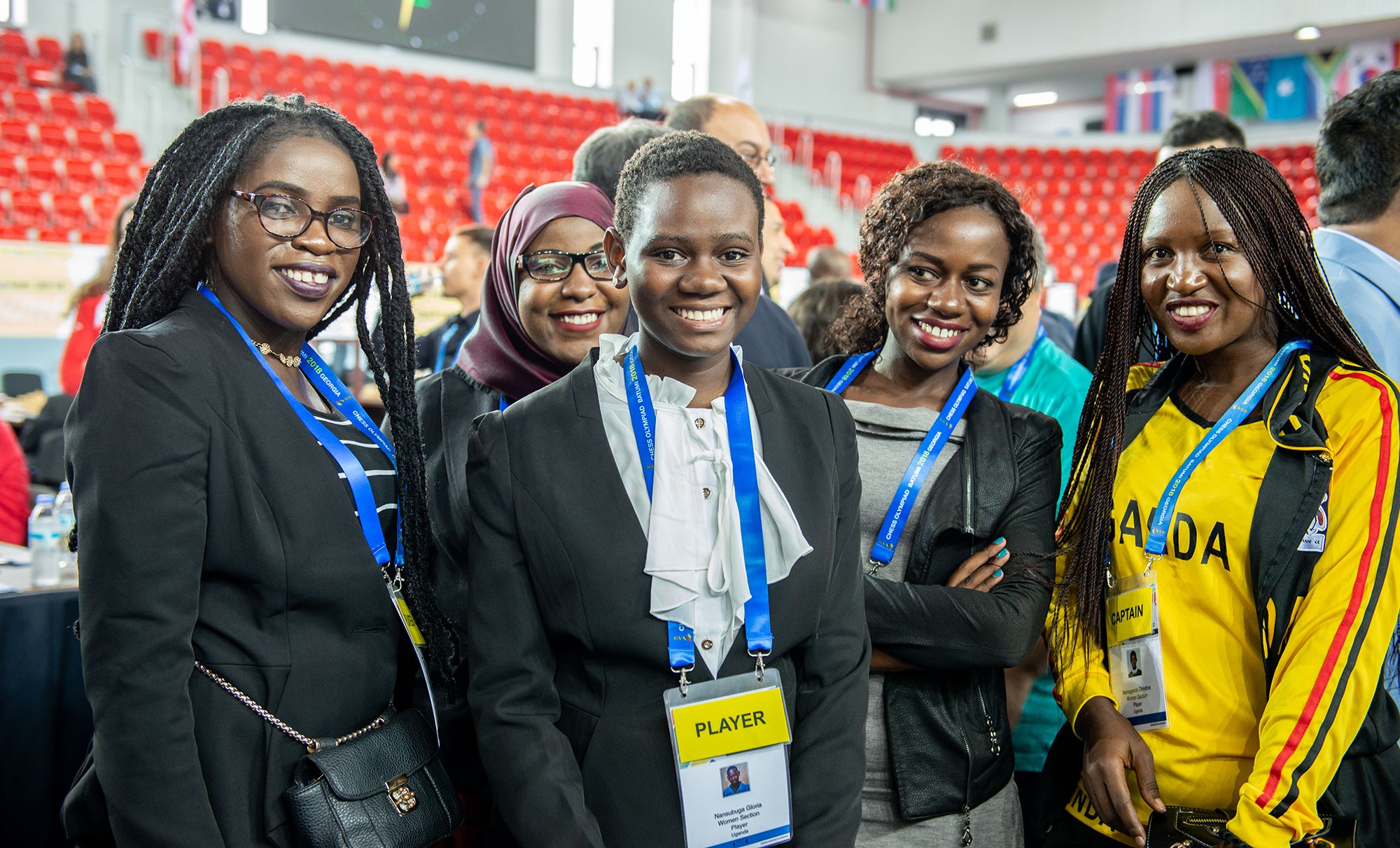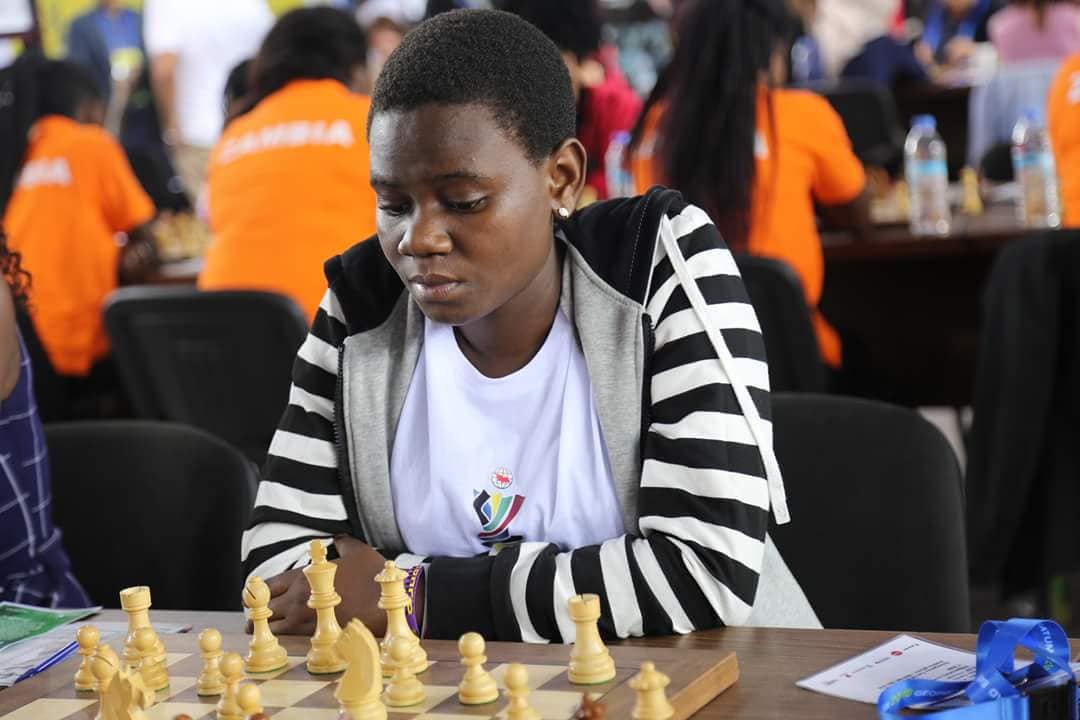In your complex situation, what steps or ‘mini-objectives’ must be accomplished in order for your objective to be realized? Do you need to have a specific conversation with someone? Acquire something? Get rid of something? Write down the various elements that are likely to be necessary in order to achieve the objective.
Step 4: Decide on which move to play first. In chess, we consider the various moves possible that support the plan, and then determine which one should go first in order to most effectively make progress.
In your complex situation, what action should come first? Consider taking all the steps and putting them in a line - which one first, which one last?
Step 5: Consider the opponent’s response. In chess, when you have your plan figured out and you are nearly ready to make your next move, remember to consider your opponent’s plans in case you have forgotten something essential that could hinder your plans. If you see something, reevaluate your plan and adjust as needed.
In your complex situation, you now have a clear objective, a plan to accomplish the objective, and your first action - pause and consider, what could go wrong? What have I possibly not considered yet? Once you have identified possible ways your plan could be derailed, consider whether there are steps in the plan you need to add or modify.
Step 6: Take Action. In chess, it is not possible to calculate all possibilities - you must create the best plans you can, decide on your move, and then if the results are not what you wanted, build the mindset of Win, Draw, or LEARN! (there is no real losing if every game you learn something)
In your complex situation, once you have completed the first five steps listed above, take action, and just realize that sometimes you LEARN, and sometimes you win. The only LOSE is if you fail to take action on your plan. Click here for a video where I discuss this mindset further.
Step 7: Learn from your decision. In chess, one of the fastest ways to improve is to record the moves of a game, then review the moves afterward, figuring out ways that you could have improved, ideally doing so with a coach or even the opponent.
In your complex situation, whether you succeed with your plan or not, take the time afterwards to think about your thinking. What worked? What didn’t work? What would you do differently next time?
Keep in mind that what may appear as a chess master implementing this thinking subconsciously and even effortlessly, took much training and practice to hone that degree of skill in thinking. So too in your efforts to improve decision making, take the time to consciously practice these steps, and before long you will find yourself implementing the steps subconsciously, with greater and greater success.




















